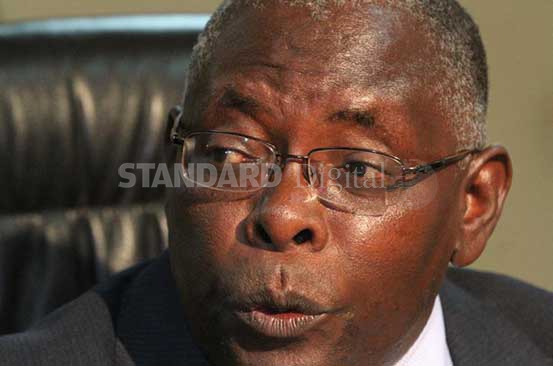×
The Standard e-Paper
Kenya’s Boldest Voice

The Kenya National Examination Council (Knec) Saturday rejected calls from the Church, political leaders and even parents for it to cancel the on-going Form Four exams that have been leaked.
At a time when the social media is awash with genuine papers even before the exams are written, Knec insisted that it was doing everything “within its powers to ensure the exams remain credible”.